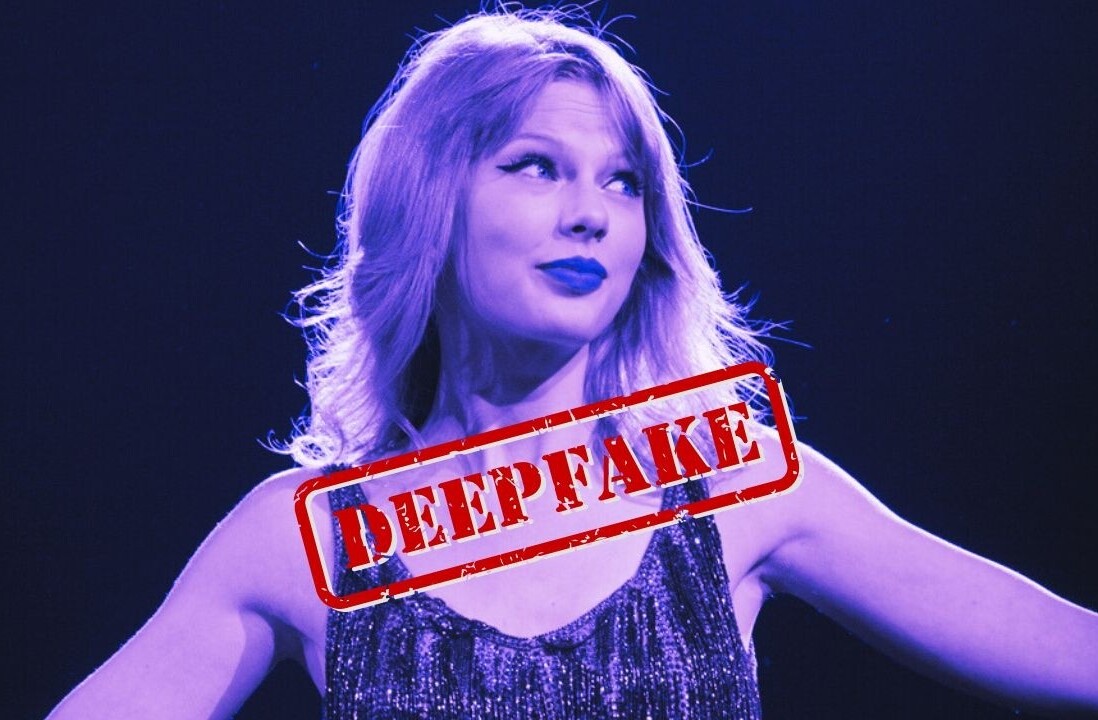
In some countries, tagging a photo against a person’s will on Facebook could land you in jail. Almost everywhere else in the world, you’re expected to fend for yourself in these matters – sometimes with a little help from Facebook itself. Up until recently, removing the tag was the most that you could do.
In August, an option was made available to users, in the midst of a flurry of changes, to report the image to Facebook. According to AllThingsD, it would seem that many users took to the new feature with gusto.
The first three selections available when reporting a photograph of you to Facebook are, “I don’t like this photo of me,” followed by, “It’s harassing me” and “It’s harassing a friend.”
However, not liking how you look isn’t reason enough for Facebook to take down an offending photo. Facebook’s policy is to remove offensive photos that violate its policies – photographs that portray illegal activities or graphic violence. Unfortunately for the majority of Facebook users, these policies have nothing to do with personal appearance, which is reportedly the driving force behind the reports.
When faced with the option of discussing the photo with their Facebook friends, most users are far more comfortable with taking the easy route of reporting the photo, simply on the grounds that they are dissatisfied with their appearance. Facebook has unleashed a new realm of awkward conversations that you don’t want to have with your friends.
Speaking to NPR, Facebook’s director of engineering Arturo Bejar, explained what they had discovered, sifting through the reported photos:
“We made it such that when you hit report, we ask you if you’re in the photo. And then we ask you if the photo is unflattering or if you don’t like how you show up in it or whether you find it harassing or bullying you. And most people say, you know, I don’t like how I look in this photo. And in the first version we did of this, we put up a blank message box where you can send a message to the person who posted the photo, usually a friend of yours.
And most people faced with that blank box wouldn’t put anything in there in which they would, sort of, step out of the fore because they didn’t know how to handle that conversation with their friends.”
Facebook’s new policy of allowing people who aren’t your friends to tag you in their photos is another issue, but luckily Facebook has afforded users the option to approve tags first before they appear on their profile.
Facebook, and dare we say the Internet as a whole, has opened up an avenue of uncomfortable interactions, with no real solution on how to deal with them.
In the US, according to the law, the minute you step into a public space, you can be photographed without consent, and it’s safe to say that this law extends much further than just in North America. Last year, this freedom came under attack with the TSA likening photographers to terrorists, but the fact remains that, in many countries, a complete stranger can take a photo of you in public, and they are perfectly within their legal right.
So how do you reconcile that kind of law with a Facebook policy that does not afford you the right of having a photograph taken down unless it violates their policies?
The Internet has given its users a platform to share anything they want, and while Facebook moderates to a certain extent, there really is little that they can do. There are doubtless thousands of photos on Facebook of people who don’t even use the social network at all, and so we are faced with a problem with no feasible solution.
Several calls were taking during the NPR interview, presenting a variety of reasons why Facebook users wanted photographs taken down – ranging from being taken at a public gathering to photos of their own children taken at family gatherings. It then becomes far more than a matter of vanity, and extends into how images of you or your family are being viewed on other people’s profiles, rather than by your own friends.
Bejar’s responses highlighted how Facebook’s hands are tied when it comes to moderating its very own service, even in the case of having photos of children taken down, they simply encourage users to talk to each other, and in other words, leave Facebook out of it.
Get the TNW newsletter
Get the most important tech news in your inbox each week.





